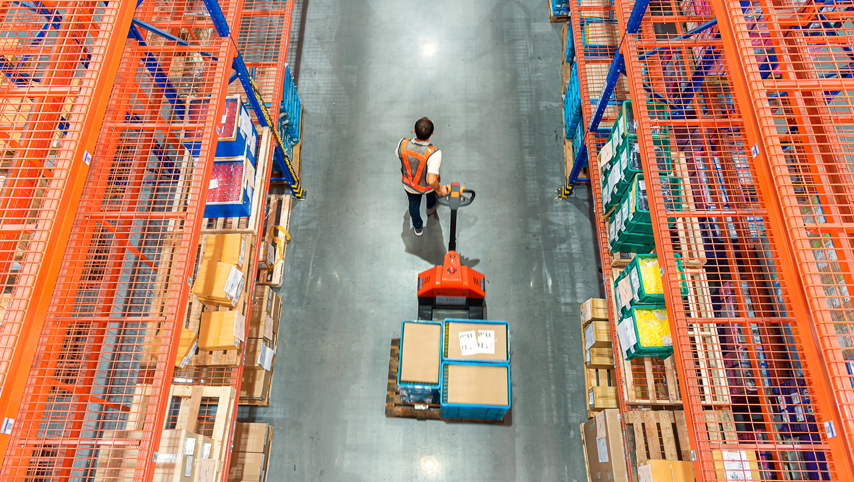Just-in-time (JIT) inventory has been a way for companies to optimize profits for decades. Now we many need to redefine JIT.
Toyota is credited with the concept of JIT manufacturing, an inventory manufacturing strategy used to improve profit by only receiving goods as they are needed in the manufacturing process. Higher profits result from a reduction in the amount of inventory and the associated costs, including delivery. This has become an increasingly important practice in a global economy where every dollar spent needs to be assigned a value and justified.
This is explained very well in a recent article in SupplyChainDive.com. “JIT has morphed into lean manufacturing with its resulting organizational streamlining. Global supply chains have been over-developed and increasingly synchronized, and S&OP strains to reach phantom equilibrium between supply and demand.”
And then came COVID-19
Disaster/crisis planning should be part of every industry. You may not know the severity of a hurricane or tornado or flood or snowstorm, but you know the basics of dealing with these natural disasters. However, it is nearly impossible to plan for the unplannable. This virus has disrupted business and lives globally and may change much of what we do when the initial danger has passed. Physical contact may change; less hugging, kissing, and shaking hands. Businesses and households will ensure that they have more than adequate supplies of things like sanitizers, wipes and, of course, toilet paper.
When it comes to business, what became clear to many companies is their supply chains are not as robust as they thought they were, not when it comes to a global pandemic. At the time when we are in dire need of PPE for our healthcare workers, manufacturers can’t get the raw materials and components necessary to make these vital products. This situation may force procurement professionals to accept redundancies and a bit of slack in their inventory.
What will this mean for the trucking industry?
Our industry has always played a vital role in the nation’s economic well-being. At this point in time, that role is more important than ever. If companies begin to fatten up their inventories, will that mean more business for trucking (larger and more frequent loads) or less business (extra inventory means less shipments over time). It’s hard to say at this point what the end result will be. Humans have a knack of forgetting how bad things can be…so will procurement professionals go back to the JIT philosophy, thinking this virus was a one-time event, or will we see a change in attitude? Only time will tell.
Read my blog on thanking drivers and the trucking industry during this time of crisis.





